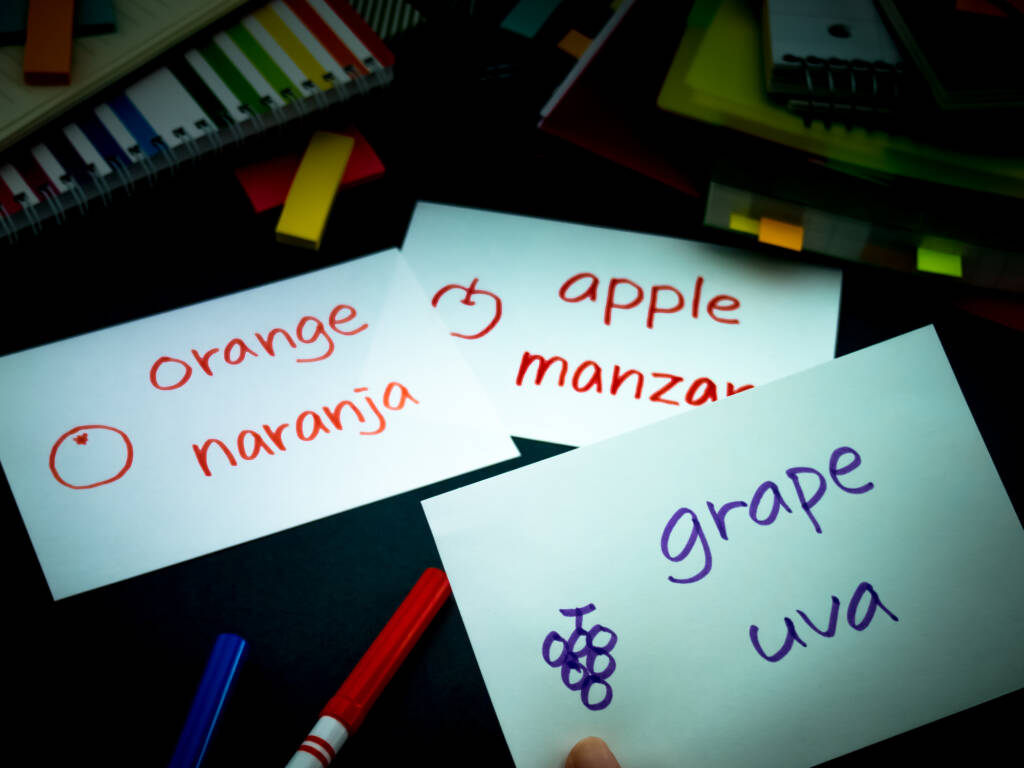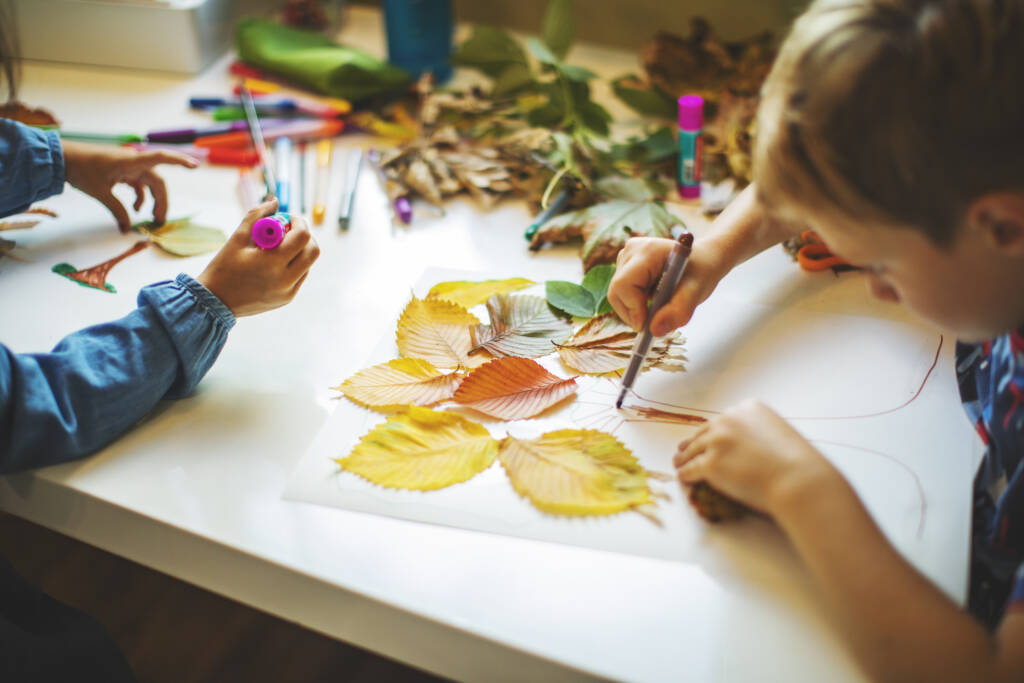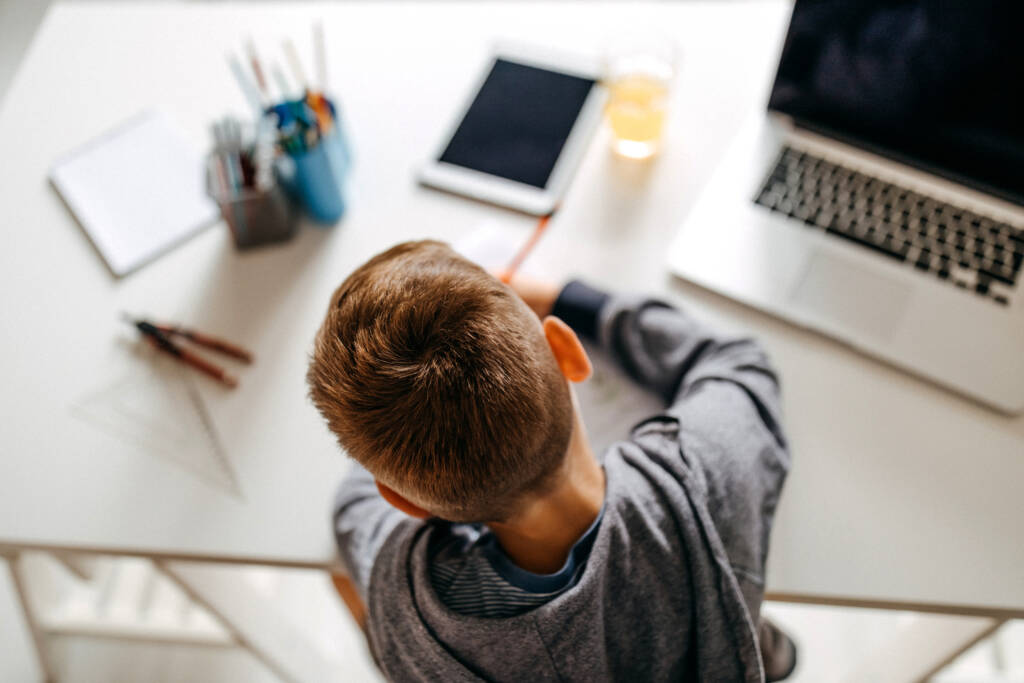
Elementary Technology Grade K

Elementary technology courses at VLACS help students learn important computer science skills in a fun and engaging way. These courses are designed for students of different ages and cover topics like problem-solving, computer programming, and typing skills. In the early grades, students learn coding using block-based methods offline, and then they move on to online coding activities as they get older. The curriculum also includes topics from Social Studies, Health, and Language Arts, such as online safety, addressing bullying, and being responsible digital citizens.
Please view the Elementary Parents Guide for Grades K-2 with guidance on helping your student transition to online learning and thrive at VLACS.
Major Topics and Concepts
Talk It Out Module One
- 01.00 Talk It Out Module One Pretest
- 01.01 Communication
- 01.02 Who made the first computer?
- 01.03 On The Hunt For Computers
- 01.04 How To Handle Electronic Devices
- 01.05 Talk It Out Module One Review And Discussion-Based Assessment
- 01.06 Talk It Out Module One Assessment
My Digital World Module Two
- 02.00 My Digital World Module Two Pretest
- 02.01 Making Tasks Easier
- 02.02 What is a digital artifact?
- 02.03 Using Computers At Work
- 02.04 Search And Send
- 02.05 My Digital World Module Two Review And Discussion-Based Assessment
- 02.06 My Digital World Module Two Assessment
Super Digital Citizen Module Three
- 03.00 Super Digital Citizen Module Three Pretest
- 03.01 Cyber Safety
- 03.02 What is cyberbullying?
- 03.03 Balancing Act
- 03.04 Be A Digital Citizen
- 03.05 Super Digital Citizen Module Three Review And Discussion-Based Assessment
- 03.06 Super Digital Citizen Module Three Assessment
Task Attack Module Four
- 04.00 Task Attack Module Four Pretest
- 04.01 Problem Equals Solution
- 04.02 It’s so simple!
- 04.03 Algorithm Rhythm
- 04.04 Thinking Like A Programmer
- 04.05 Details, Details, Details
- 04.06 Task Attack Module Four Review And Discussion-Based Assessment
- 04.07 Task Attack Module Four Assessment
Course Materials
A pupil may enter kindergarten if his/her chronological age will be five before October 1st of the year of entering school. For a complete description of the policy, please see Policy JEB Age of Entrance.
To achieve success, students are expected to submit work in each course weekly. Students can learn at their own pace; however, “any pace” still means that students must make progress in the course every week. To measure learning, students complete self-checks, practice lessons, multiple choice questions, projects, discussion-based assessments, and discussions. Students and families are expected to maintain regular contact with teachers because, when teachers, students, and parents work together, students are successful.
Required Materials – Please view the list of materials before registering.
Competencies
Computers and Communication
I can identify examples of technology used to connect people. I can explain changes made in technology over time. I can identify the parts of a computer. I can describe the use of computers in my everyday life. I can explain the care of a computer.
The Digital World
I can identify tasks made easier with technology. I can explain digital artifact revision. I can describe the use of technology in the workplace. I can create online searches using keywords.
Good Digital Citizen
I can identify safe and unsafe online communication. I can describe ways to address cyberbullying. I can explain on-screen and off-screen balance. I can identify the qualities of a good digital citizen.
Computer Programming
I can explain the problem-solving steps using a real-life example. I can identify the order of steps in a task. I can create an algorithm without a computer. I can explain the process for a programmer to create directions for the computer. I can explain the importance of details when giving the computer directions.

